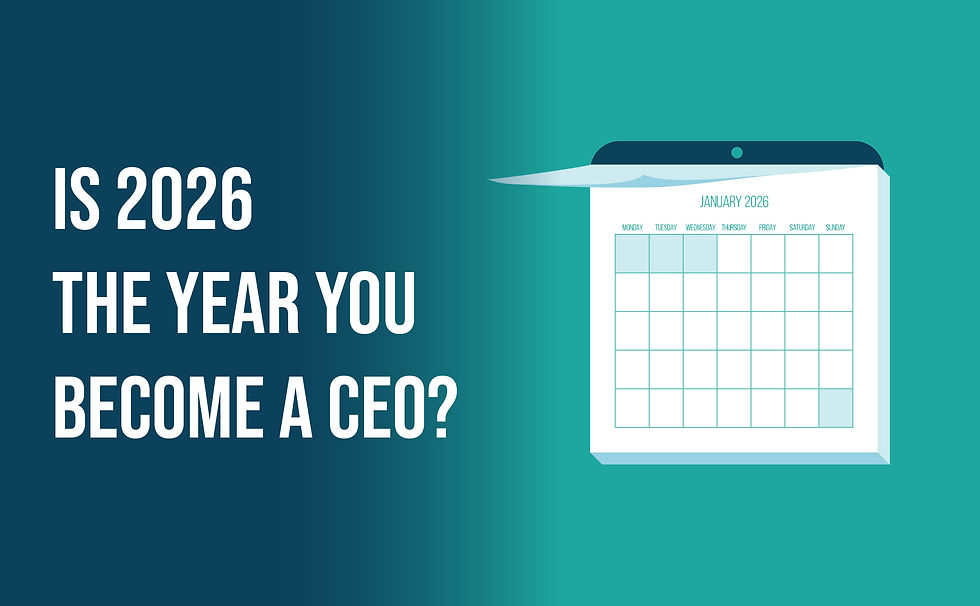THE BIGGEST MISTAKES INTERNAL CANDIDATES MAKE
- Oct 6, 2022
- 3 min read
Updated: Jan 19, 2023

When you’ve been with the same organisation for some time and a new executive opportunity arises, it can be exciting.
However, as an internal candidate it’s important to invest the same amount of time and energy into your resume and the interview process as you would do for an external opportunity.
Here, Executive Interview Coaching founder Richard Elstone explains some of the biggest mistakes internal candidates make when applying for a role.
Assuming the job is yours
Just because you’ve been with an organisation for a long time doesn’t necessarily make you the right person for a position.
Sure, you may have moved up in the ranks and developed a reputation for yourself. You may have even been promoted and given more responsibility along the way.
However, at the end of the day, you’ll still need to tick all the boxes during the recruitment process and demonstrate that you are the most qualified, experienced person for the executive role.
“A lot of internal candidates don’t treat the internal role as seriously as they would if they were applying for a role externally,” says Richard. “That’s the reality.”
Not preparing a decent resume
If your resume hasn’t been updated since Michael Jordan last won an NBA championship, it’s time to give it your attention. And if you think you can just throw together something in 20 minutes, think again.
The truth is you may be going up against some stiff external competition, so it’s more important than ever that your resume cuts through and gets noticed.
The resume should be no more than 3-4 pages and include an overview about you and your experience, focussing on your last four to five roles.
Touch on any challenges you faced in each role and major business issues you overcame before leading into the measurable achievements you accomplished.
Tip: Check out this recent blog for more executive resume pointers.
Not having the skills to interview effectively
If you’ve worked with your current organisation for some time, you may be out of practice when it comes to interviewing. Assuming you can go into the interview and ‘wing it’ without preparing is a rookie error best avoided.
Even if you are on friendly terms with the hiring manager, you still need to put in the time to prepare well and practice your responses. This will ultimately affect whether it not you land the job.
Tip: Check out this recent blog for tips on how to prepare for an executive interview.
Not getting feedback if you’re unsuccessful
You may be at a point where your career is plateauing. Perhaps you’re not getting promoted and you’re not successful when new positions become available.
Don’t be afraid to ask the hiring manager or recruiter for feedback about why you missed out on the appointment. Remember, criticism is an opportunity to grow, so you should learn from it and use it to your advantage next time.
Like to know more?
As an internal candidate, your resume and interviewing skills need to be just as good, if not better, than the external candidates. To ensure both are up to scratch, it’s worthwhile enlisting the help of Executive Interview Coaching.
We provide you with a unique view into what CEOS, their teams and boards are looking for – that most don’t get to see. We actively work in executive search in addition to offering coaching services, so we understand how both sides work.
To find out more, check out our Services page or get in touch today.



